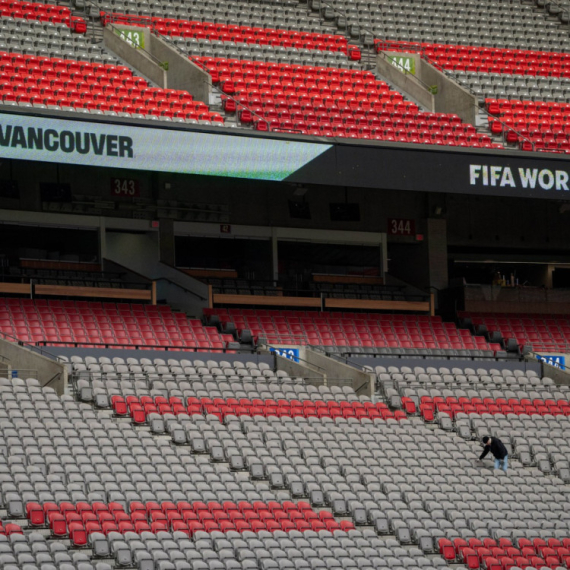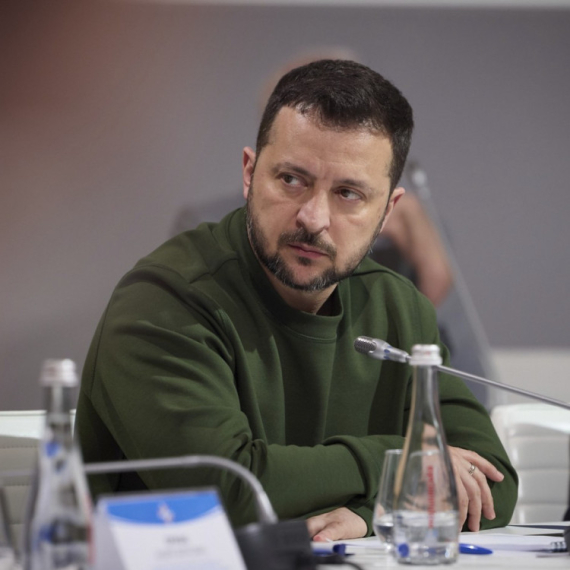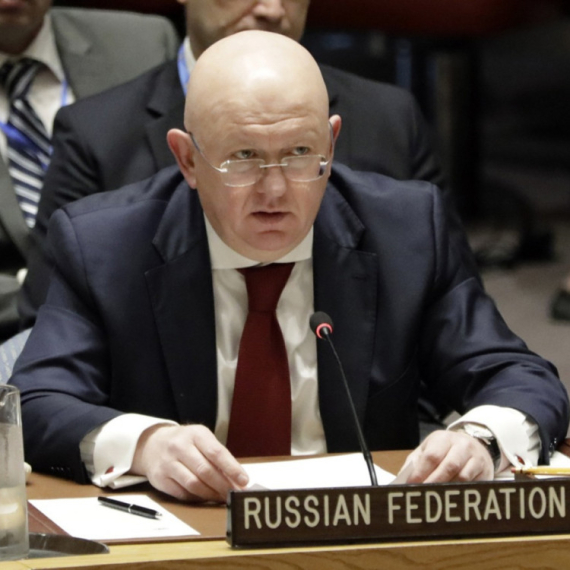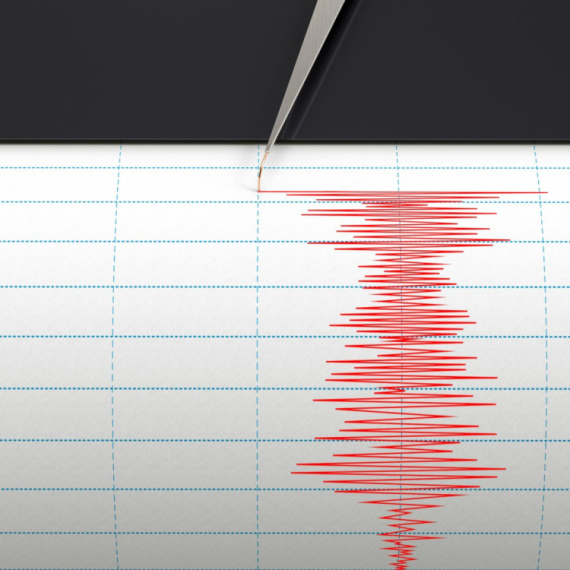"Russia offers Obama olive branch on missiles"
Russia has halted a plan to retaliate against a proposed U.S. missile defense shield by stationing its own missiles near Europe's borders.
Wednesday, 28.01.2009.
10:52

Russia has halted a plan to retaliate against a proposed U.S. missile defense shield by stationing its own missiles near Europe's borders. A Russian news agency quoted the military as making the announcement on Wednesday. "Russia offers Obama olive branch on missiles" The suspension of plans to deploy tactical missiles in the Western outpost of Kaliningrad, if confirmed, would show Russia is extending an olive branch to President Barack Obama after rocky relations under his predecessor. "If true, this would of course be a very positive step," a spokeswoman quoted the U.S. envoy to NATO, Kurt Volker, as saying in reference to the Russian report. Obama spoke to Russian President Dmitry Medvedev by telephone on Monday, their first contact since the U.S. inauguration, and the two men agreed to stop the "drift" in their countries' relations, the White House said on Tuesday. Medvedev had said in November he was ordering the deployment of Iskander missile systems to Kaliningrad, which borders European Union members Poland and Lithuania, in response to Washington's plan for a missile shield in Europe. "The implementation of these plans has been halted in connection with the fact that the new U.S. administration is not rushing through plans to deploy" elements of its missile defense shield in eastern Europe, Interfax quoted the unnamed official in the Russian military's general staff as saying. There was no immediate confirmation from the Russian military that the deployment was being suspended. The administration of former U.S. President George W. Bush angered the Kremlin with its push to deploy interceptor missiles in Poland and a radar in the Czech Republic. It said the system was needed to protect from potential missile strikes by what it called "rogue states" -- specifically Iran and North Korea. But a nominee for a top Pentagon post in the Obama administration said this month the missile shield plan would be reviewed as part of a regular broad look at policy. Russia has argued that the proposed system would threaten its own national security and was further evidence -- along with the eastward expansion of the NATO alliance -- of Western military influence encroaching near its borders. Medvedev later qualified his remarks on deploying Iskander missiles to Kaliningrad, saying that would only go ahead if Washington made the first move by starting work on its missile shield installations. The row over the shield has helped drive diplomatic ties between Moscow and Washington to their lowest level since the end of the Cold War. But Russian officials have said they are encouraged by early signals from the Obama administration and hopeful of a fresh start in their relations. It is possible the Kremlin will be seeking a reciprocal concession from the White House when Medvedev meets Obama on the sidelines of a Group of 20 summit in London on April 2. Since taking office, Obama has sent strong signals that he will try to repair ties with countries that were damaged under the Bush presidency. In an acknowledgement of Washington's rocky relations with the Muslim world, Obama gave his first formal television interview as president to the Dubai-based Al Arabiya station and said the United States was willing to talk to Iran.
"Russia offers Obama olive branch on missiles"
The suspension of plans to deploy tactical missiles in the Western outpost of Kaliningrad, if confirmed, would show Russia is extending an olive branch to President Barack Obama after rocky relations under his predecessor."If true, this would of course be a very positive step," a spokeswoman quoted the U.S. envoy to NATO, Kurt Volker, as saying in reference to the Russian report.
Obama spoke to Russian President Dmitry Medvedev by telephone on Monday, their first contact since the U.S. inauguration, and the two men agreed to stop the "drift" in their countries' relations, the White House said on Tuesday.
Medvedev had said in November he was ordering the deployment of Iskander missile systems to Kaliningrad, which borders European Union members Poland and Lithuania, in response to Washington's plan for a missile shield in Europe.
"The implementation of these plans has been halted in connection with the fact that the new U.S. administration is not rushing through plans to deploy" elements of its missile defense shield in eastern Europe, Interfax quoted the unnamed official in the Russian military's general staff as saying.
There was no immediate confirmation from the Russian military that the deployment was being suspended.
The administration of former U.S. President George W. Bush angered the Kremlin with its push to deploy interceptor missiles in Poland and a radar in the Czech Republic.
It said the system was needed to protect from potential missile strikes by what it called "rogue states" -- specifically Iran and North Korea.
But a nominee for a top Pentagon post in the Obama administration said this month the missile shield plan would be reviewed as part of a regular broad look at policy.
Russia has argued that the proposed system would threaten its own national security and was further evidence -- along with the eastward expansion of the NATO alliance -- of Western military influence encroaching near its borders.
Medvedev later qualified his remarks on deploying Iskander missiles to Kaliningrad, saying that would only go ahead if Washington made the first move by starting work on its missile shield installations.
The row over the shield has helped drive diplomatic ties between Moscow and Washington to their lowest level since the end of the Cold War.
But Russian officials have said they are encouraged by early signals from the Obama administration and hopeful of a fresh start in their relations.
It is possible the Kremlin will be seeking a reciprocal concession from the White House when Medvedev meets Obama on the sidelines of a Group of 20 summit in London on April 2.
Since taking office, Obama has sent strong signals that he will try to repair ties with countries that were damaged under the Bush presidency.
In an acknowledgement of Washington's rocky relations with the Muslim world, Obama gave his first formal television interview as president to the Dubai-based Al Arabiya station and said the United States was willing to talk to Iran.


























































Komentari 10
Pogledaj komentare